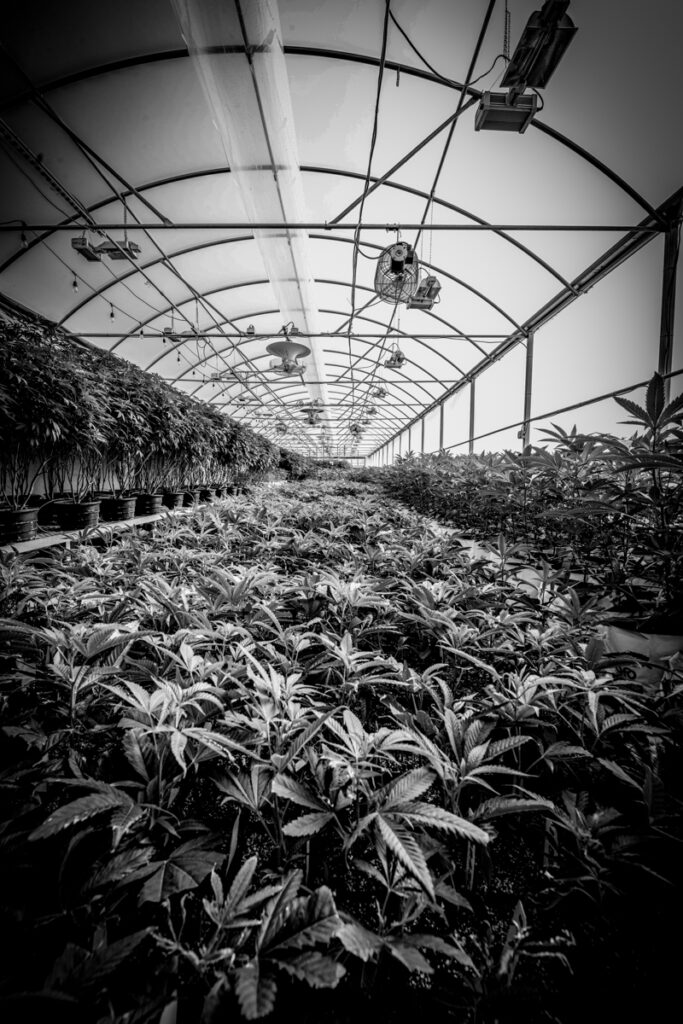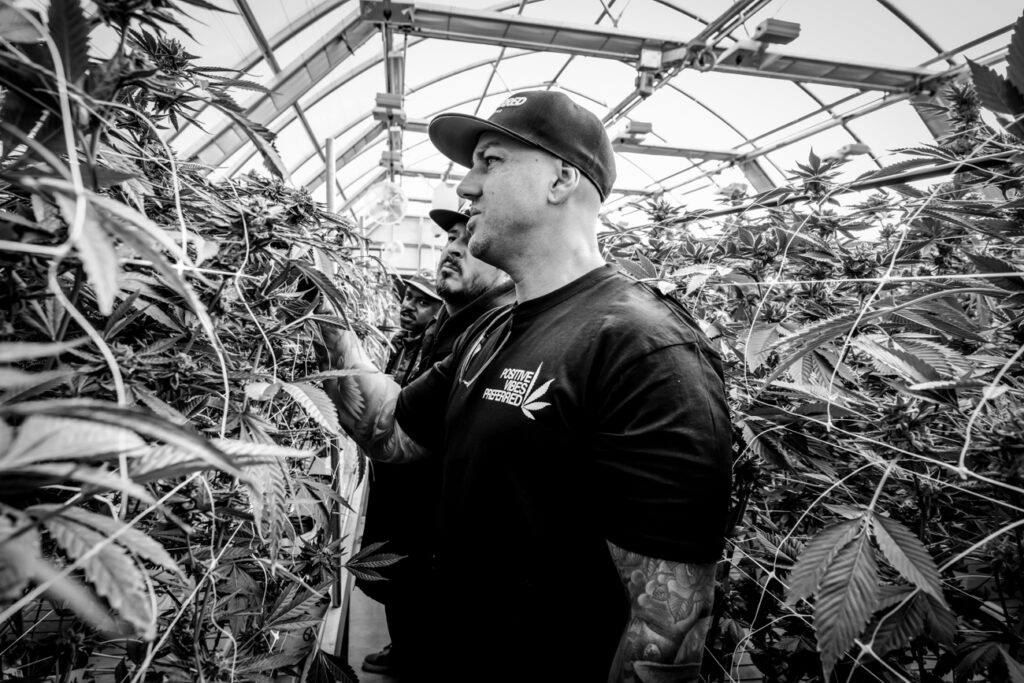The Governor of California’s latest budget proposal effectively restructured regulatory enforcement over the state’s recreational cannabis industry.
The bill, called AB 195, was widely supported in the state’s congress.
The bill 1) effective immediately eliminates the cultivation tax put on growers, which heavily burdened small farmers; and 2) by Jan 1, 2023, shifts the 15% excise tax from distributors to retailers and 3) put a 3-year hold on increasing the excise tax.
The bill also enables enforcement of unlicensed dispensaries by: 1) making it easier to charge and fine property owners renting out to illegal shops and 2) making it easier to charge and fine illegal growers for water pollution/water diversion.
The bill also reserves $40 million in tax credits for the industry: half for retail and microbusinesses, and half for Social Equity businesses. These new tax credits will apply to the 2023 calendar year.
There are provisions for Social Equity-licensed businesses: 1) Social Equity businesses get a $10k tax credit; Social Equity dispensaries make keep 20% of the 15% excise tax that dispensaries now have to collect.
The bill also requires that more businesses create labor peace agreements with non-management staff.
The bill requires $670 million in cannabis tax dollars go to education, youth substance misuse treatment, school retention, environmental clean-up and remediation related to illicit cannabis manufacturing, and law enforcement.
The bill also establishes a $20 million Cannabis Retail Access Grant Program to encourage cities and counties with existing bans on commercial cannabis retail to implement retailer licensing programs.
For more information and sources to the above, see reporting by Cannabis Business Times and Marijuana Moment.
Critiques: the bill doesn’t reduce taxes, since the excise tax will now increase what customers have to pay at the dispensary. It is the taxes on retail sales that drive customers to the unregulated, traditional market. Also, to make up for the loss of the cultivation tax, the excise tax will be increased to 19% after the 3-year pause. Currently customers pay a 15% excise tax plus local cannabis tax and sales tax. It’s unclear if the shift of 15% described above will be added to the current excise tax, but if so that would be a significant cost burden on the consumer. That will further deter consumers from shopping at regulated dispensaries. Therefore, more needs to be done to reduce taxes on consumers.
According to a statement by the Department of Cannabis Control’s Nicole Elliot:
Yesterday, Governor Gavin Newsom signed legislation implementing the 2022-23 state budget, including a trailer bill focused on measures that will bring tax relief to the cannabis industry, support equity businesses, strengthen enforcement tools against illegal cannabis operators, and protect youth, environmental, and public safety programs funded by cannabis tax revenue.
The cannabis tax reform trailer bill will:
Indefinitely suspend the cannabis cultivation tax effective July 1, 2022
Move cannabis excise-tax collection and remittance to retail in 2023, establishing one point of collection and remittance and greatly simplifying tax requirements for the entire cannabis supply chain
Retain the current 15-percent excise tax rate until at least 2025, and thereafter increase the tax rate (no higher than 19 percent) as necessary to make up for cultivation-tax revenue
Allow eligible equity retailers to keep a percentage of the excise tax they collect
Create new tax credits for equity licensees and some cannabis businesses with stronger labor standards
Strengthen labor peace requirements
Protect programs funded by cannabis taxes by allocating $150 million General Fund to backfill potential lost revenue
Make illegal cannabis businesses liable for all unpaid tax and allow bad actors to be held personally liable for tax evasion
Among many things, this bill invests millions of dollars into equity operators and retailers and expanding retail access, and contains reforms that will help stabilize the cannabis market, provide relief to farmers, incentivize stronger labor standards and crack down on the illegal market. You can access the bill language here.
This historic budget also provides further economic relief to Californians, expanding healthcare, boosting small businesses, and pouring billions into public schools.
DCC is grateful to Governor Newsom and the Legislature for their commitment to improve California’s cannabis policies and further support an equitable, safe, and sustainable cannabis industry in California.
Thank you,
Nicole Elliott
DCC Director



